Advertisement
The Brattle Theatre Creates New Virtual Screening Platform
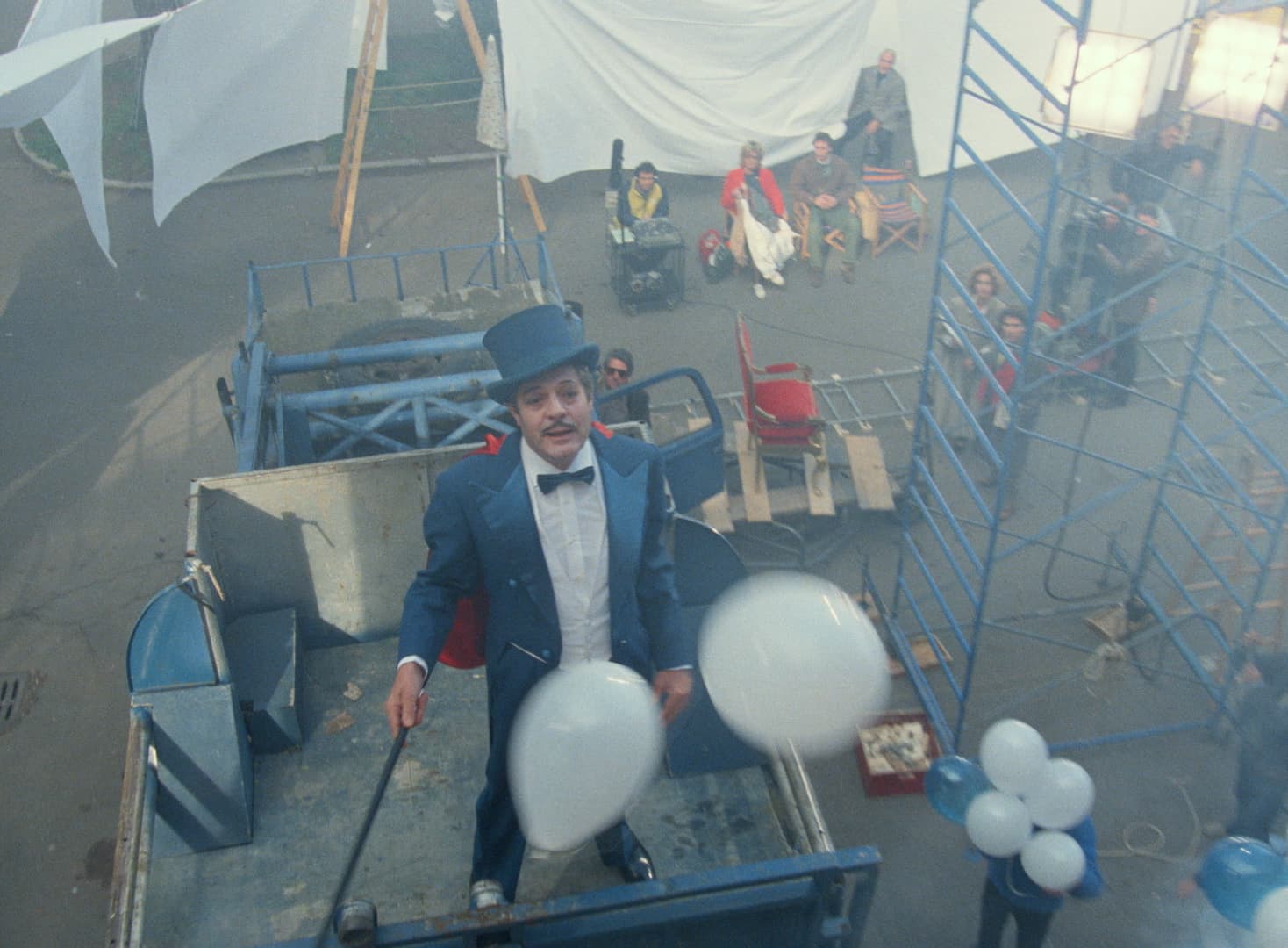
As most movie theaters remain closed due to skyrocketing COVID-19 numbers, virtual screening rooms have become a lifeline for local independent cinemas, allowing places like the Brattle Theatre and the Coolidge Corner Theatre to continue programming for loyal audiences while collecting a cut of the ticket price for movies you can watch safely at home. But over these past few months, you might have noticed some overlap between the offerings at your favorite theater and those of other arthouses around the country, with a focus on new releases and recent restorations.
The Brattle, which received a Film Heritage Award on Jan. 9 from the National Society of Film Critics for “showing arthouse movies steadily since 1953, and holding strong in continuing the time-honored tradition of daily double features,” has always cast a slightly wider net. It’s become known as “Boston’s unofficial film school” in part because contemporary films are complemented and contextualized by buried treasures, retrospectives and deep dives into a director’s filmography. This has been a tricky formula to try and replicate online, but for that, we now have The Brattlite – a new virtual screening platform designed to showcase titles specially selected by the Brattle programmers to run alongside the regular weekly premieres.
“What we’ve been missing most is bringing folks together to enjoy an old favorite or discover a new film that they can’t see anywhere else,” says Ned Hinkle, the Brattle’s creative director. “We’re especially looking for titles that aren’t available to rent or stream elsewhere on the web, but that’s not to say that we won’t be bringing in a few of our tried-and-true favorites as well, especially for Valentine’s Day.”
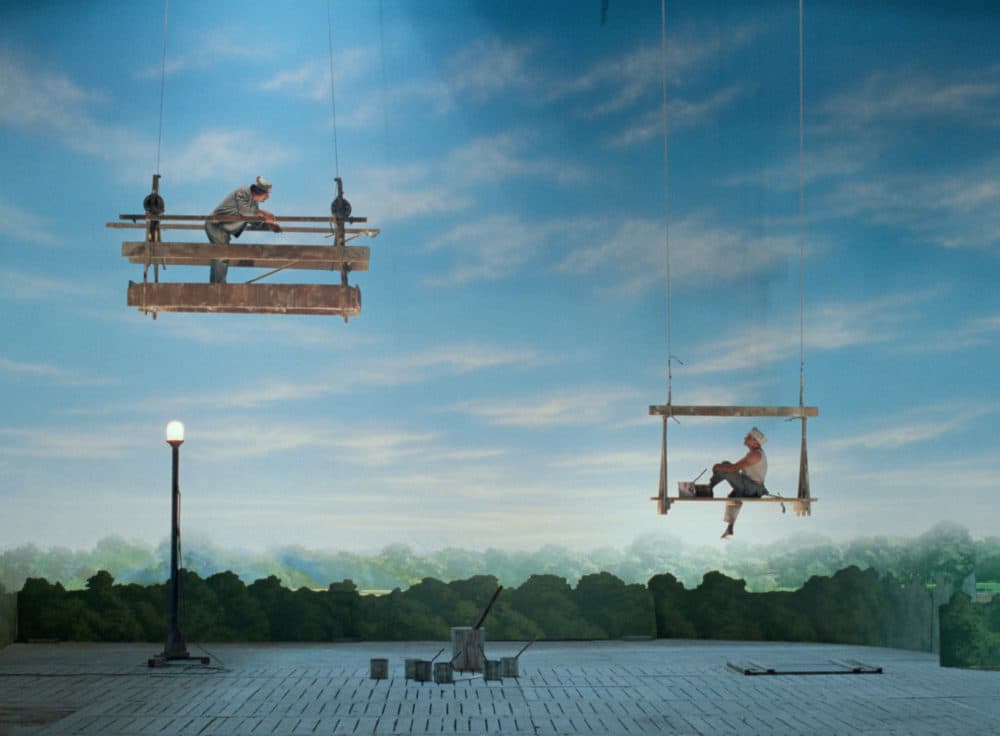
The Brattlite launches this Friday, Jan. 15, with a quartet of films belatedly celebrating the 2020 centenary of legendary Italian filmmaker Federico Fellini, introducing a sparkling new 4K restoration of his playful, penultimate film, “Intervista.” Unavailable on other streaming platforms and long out of print on DVD, this endearing 1987 oddity is like a lot of late Fellini in that it’s more of a sketchbook than a story, primarily preoccupied with the wonders swirling around inside its creator’s imagination.
A Japanese television crew arrives at Cinecittà Studios to interview Fellini about his latest project, with the film turning into a half-kidding hall of mirrors as the director’s digressions come to life inside the massive moviemaking complex. Self-deprecating in-jokes abound, like his absurd quest to cast statuesque starlets of generous proportions in a proposed adaptation of Franz Kafka’s “Amerika,” or Fellini’s longtime alter ego, Marcello Mastroianni, abruptly bursting through a window in a Mandrake costume claiming his magic wand can cure erectile dysfunction.
In conjunction with “Intervista,” the Brattlite is offering internet exclusive screenings of two of the director’s earliest efforts, where we can see his signature style beginning to take shape. Fellini’s first film, 1950’s “Variety Lights” (which he co-directed with Alberto Lattuada), follows a ragtag troupe of traveling performers, with the wandering eye of their ineffectual impresario causing complications on the road. Already in evidence is the director’s affinity for itinerant entertainers, the idea of life as a carnival and his gentle mockery of masculine vanity. (“Did you bed all 32 women while wearing that beret?” a potential paramour sarcastically inquires.)
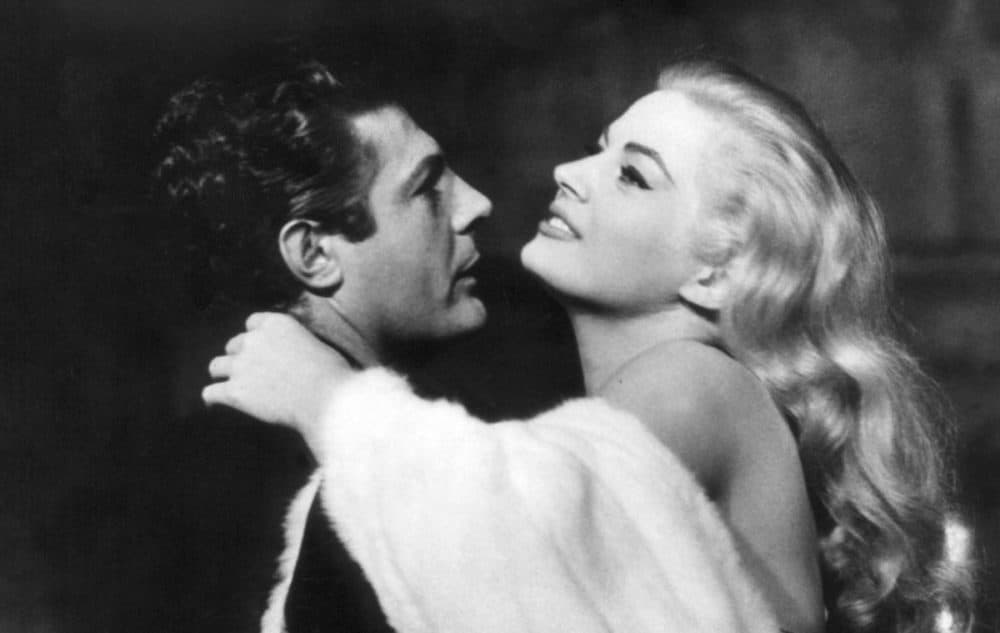
His 1955 “Il Bidone” had the bad luck of arriving between twin masterpieces “La Strada” and “Nights of Cabiria,” but it’s a more than worthwhile effort and fascinating as maybe the first and last time Fellini tried to work with what could be described as a conventional plot. The tale of three swindlers roaming the countryside in clergy robes running con games on peasants isn’t concerned with suspense so much as the burgeoning conscience of Broderick Crawford as the crew’s crusty leader. The film’s centerpiece is a purgatorial New Year’s Eve party presaging the doom-laden decadence of the director’s towering 1960 achievement — and Brattle perennial — “La Dolce Vita,” which will also be available to stream as part of the series.
“La Dolce Vita” is essential viewing for a litany of reasons, but especially before watching “Intervista” if you want to savor the later film’s most magical, melancholy moment. Fellini and the Japanese television kids kidnap Mastroianni — Mandrake costume and all — for a surprise visit to the home of his “La Dolce Vita” co-star Anita Ekberg, reuniting the screen duo for the first time in 26 years. The crew sets up a movie projector and uses a bedsheet as a screen in her living room, where the two stars dance behind iconic images of their younger selves in the immortal Trevi Fountain scene, marveling wistfully through wrinkled smiles at the passage of time.
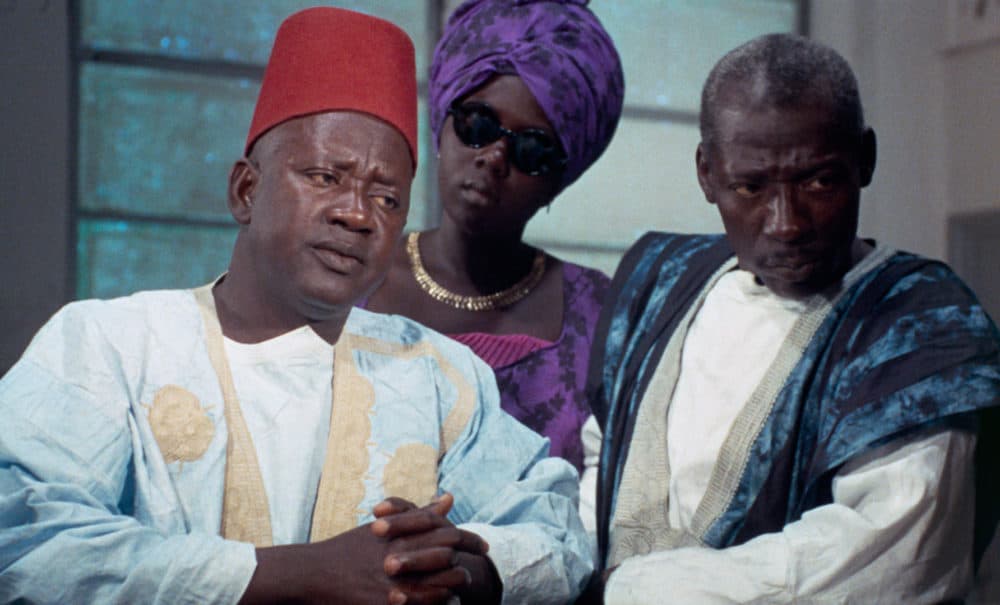
Next Friday, Jan. 22, brings a beautiful 4K restoration of “Mandabi,” the second film by Ousmane Sembène. Widely regarded as the father of African cinema, the acclaimed novelist swapped mediums in middle age to try and reach a wider audience, leaving behind a legacy of blunt force movies offering street-level views of colonialism and its discontents. “He’s such a great filmmaker and such an important one,” Hinkle enthuses. “Surprisingly, it seems like he needs to be rediscovered every few years.”
To that end, the Brattlite is offering an internet exclusive of Sembène’s shocking 1966 debut, “Black Girl,” the harrowing tale of a domestic worker plucked from the streets of Senegal to serve a bourgeois couple in Antibes. The movie’s stark, monochrome photography works like a metaphorical weapon as we and the protagonist are blinded by the searing whiteness of her new surroundings. “As with almost any classic film that addresses issues of the African Diaspora,” Hinkle explains, “it’s stunning to see how applicable the themes of ‘Black Girl’ still are.”
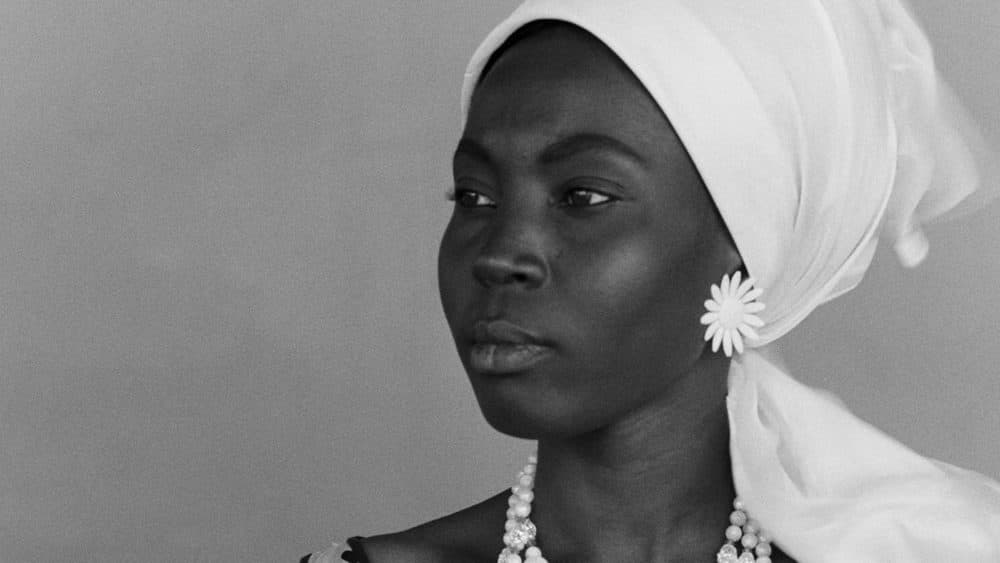
Often screened under its English-language title “The Money Order,” Sembène’s 1968 “Mandabi” is an at times agonizing evocation of the old adage about how you need to have money in order to make money. Makhouredia Gueye stars as Ibrahim, a proud, faintly ridiculous man bossed around by his wives and mocked as a fool by his neighbors in their small Senegalese village. This all changes when a nephew in Paris sends him a money order for a sum that sounds astronomical to these poverty-stricken people, at which point our pal predictably becomes the most popular guy in town. Unfortunately, he can’t cash it without an identity card, and for that, he needs a birth certificate and photographs, so the film soon unspools into a bureaucratic nightmare of escalating expenses and predatory opportunism.
In examining the societal structures designed to keep the poor in their place, Sembène could have easily made Ibrahim a simple martyr or plaster saint, but the movie complicates our relationship to him — and the rest of the characters as well — by not turning a blind eye to dumb decisions made throughout. He slyly uses Gueye’s comedic chops against the viewer, making us reconsider the early laughs we have at his expense. “Mandabi” and “Black Girl” don’t offer any easy ways out for the viewer, provoking the kind of vital post-movie conversations that we've always relied on Brattle programming to inspire.
The Brattle Theatre's virtual screening platform, The Brattlite, launches on Friday, Jan. 15.
